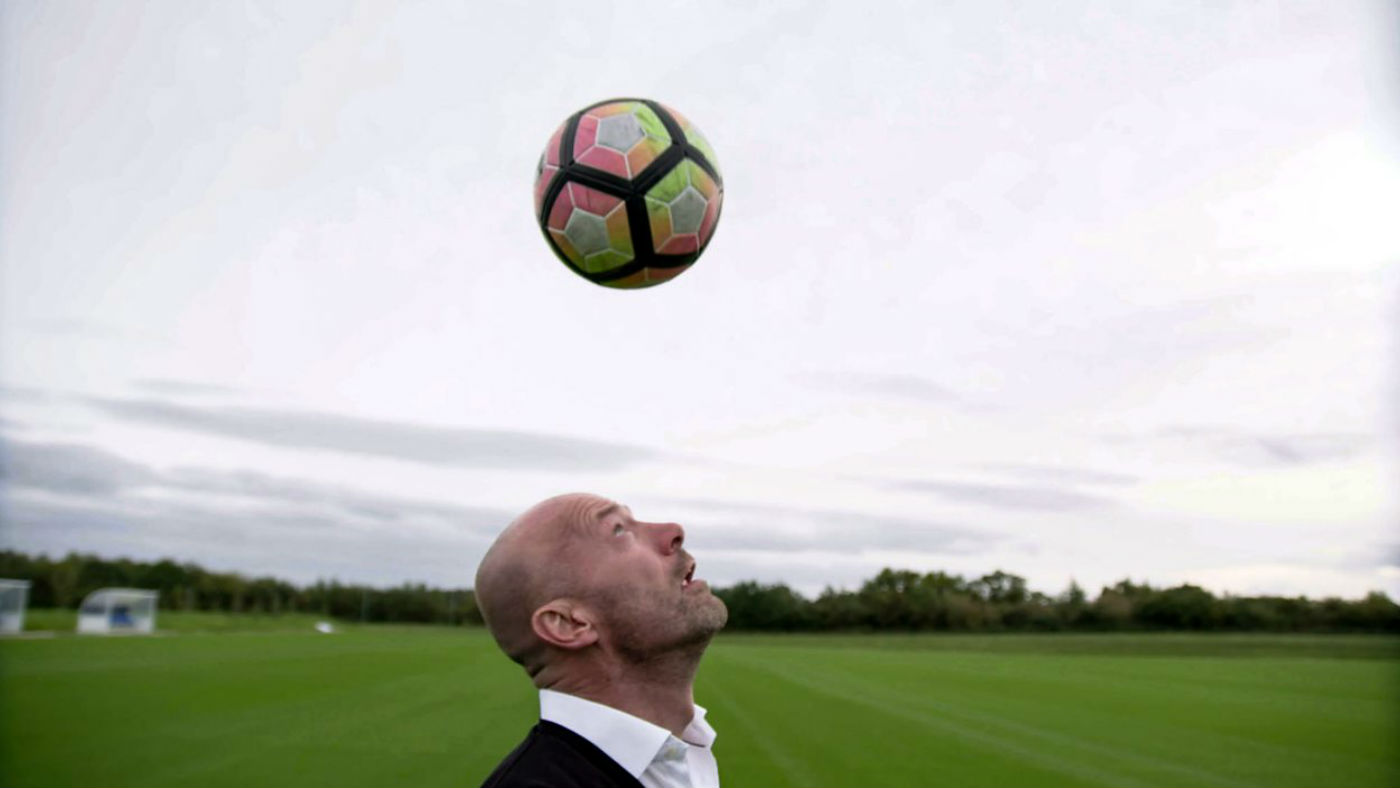Dementia in football: FA and PFA commission new study
15,000 former professional players will take part in the research

A free daily email with the biggest news stories of the day – and the best features from TheWeek.com
You are now subscribed
Your newsletter sign-up was successful
A new study is being launched to investigate the links between dementia and the long-term effects of playing football.
Commissioned by the Professional Footballers’ Association (PFA) and the Football Association (FA), the independent research will look at the incidence of degenerative neurocognitive disease in ex-professional footballers.
Titled Football’s Influence on Lifelong Health and Dementia Risk (Field), the study - by Dr William Stewart and colleagues at the University of Glasgow and the city’s Hampden Sports Clinic - is scheduled to start in January. The PFA says it is designed to look at a “wide range of physical and mental health outcomes including neurodegenerative disease”.
The Week
Escape your echo chamber. Get the facts behind the news, plus analysis from multiple perspectives.

Sign up for The Week's Free Newsletters
From our morning news briefing to a weekly Good News Newsletter, get the best of The Week delivered directly to your inbox.
From our morning news briefing to a weekly Good News Newsletter, get the best of The Week delivered directly to your inbox.
Approximately 15,000 former professional footballers will take part and the results will be compared to health data on the general population.
Dr Stewart, a consultant neuropathologist at the Queen Elizabeth University Hospital, said: “In the past decade there have been growing concerns around perceived increased risk of dementia through participation in contact sports. However, research data to support and quantify this risk have been lacking.
“Through the Field study we hope to be able to provide some understanding of the long-term health impact of football within the next two to three years.”
Martin Glenn, the FA’s chief executive, added: “This new research will be one the most comprehensive studies ever commissioned into the long-term health of former footballers.
A free daily email with the biggest news stories of the day – and the best features from TheWeek.com
“Dementia can have a devastating effect and, as the governing body of English football, we felt compelled to commission a significant new study in order to fully understand if there are any potential risks associated with playing the game.”
Dementia in football was the topic of a recent BBC documentary presented by former England striker Alan Shearer.
In Alan Shearer: Dementia, Football and Me, the Match of the Day pundit highlighted the case of Jeff Astle, the former England striker who died in 2002 at the age of 59. His death was caused by repeated head trauma.
In 2014, the BBC reported that Dr Stewart had carried out a new examination of Astle’s brain and he concluded that the former West Brom striker was killed by chronic traumatic encephalopathy (CTE) caused by heading heavy leather footballs.
-
 Switzerland could vote to cap its population
Switzerland could vote to cap its populationUnder the Radar Swiss People’s Party proposes referendum on radical anti-immigration measure to limit residents to 10 million
-
 Political cartoons for February 15
Political cartoons for February 15Cartoons Sunday's political cartoons include political ventriloquism, Europe in the middle, and more
-
 The broken water companies failing England and Wales
The broken water companies failing England and WalesExplainer With rising bills, deteriorating river health and a lack of investment, regulators face an uphill battle to stabilise the industry
-
 Football’s dementia crisis: heading to be limited in professional training
Football’s dementia crisis: heading to be limited in professional trainingIn the Spotlight English FA medicine chief says new guidelines will reduce unnecessary heading of the ball
-
 ‘Strong, inarguable link’: Geoff Hurst speaks out on dementia in football
‘Strong, inarguable link’: Geoff Hurst speaks out on dementia in footballSpeed Read England World Cup hero reflects on ‘unbelievably brutal’ year after deaths of Nobby Stiles and Jack Charlton
-
 Heading ban trial for under-12s: a ‘watershed moment’ for English football
Heading ban trial for under-12s: a ‘watershed moment’ for English footballTalking Point Deliberate heading could be removed from kids matches from the 2023-24 season
-
 Why everyone’s talking about football’s dementia timebomb
Why everyone’s talking about football’s dementia timebombIn Depth Study shows former players have greatly increased risk of serious brain disease